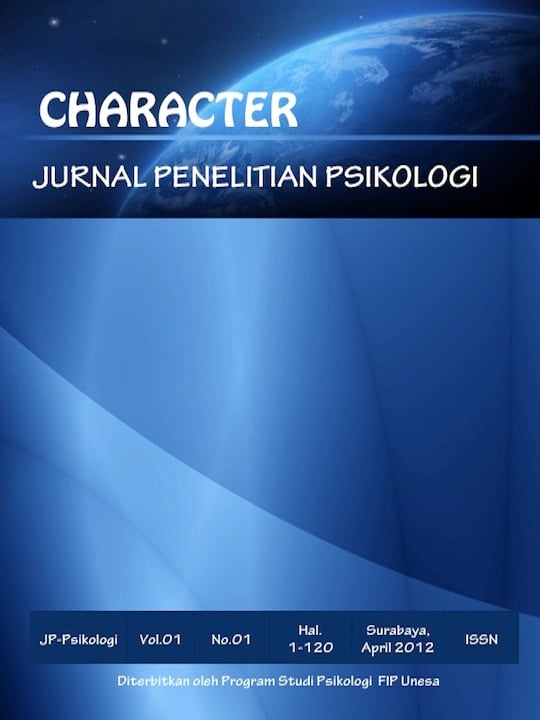Optimism in Male University Students with Partial Color Blindness
DOI:
https://doi.org/10.26740/cjpp.v10i2.53260Abstract
Partial color blindness is a condition that hinders the recognition and categorization of specific colors, resulting in discomfort and a series of disparities for those affected. Opportunities to pursue aspirations are often denied due to regulations in professions such as nursing, engineering, and public service that impose binding rules regarding partial color blindness, leading to the curtailment of rights for many individuals with this condition. Consequently, it can have profound psychological implications for individuals with partial color blindness. This qualitative research, employing a case study approach, aims to uncover the factors that contribute to optimism among male university students with partial color blindness. Through semi-structured interviews with three male participants and employing thematic analysis, the study successfully identifies three key factors that influence the formation of optimism: (1) social support, (2) confidence, and (3) self-esteem. These factors empower participants to face the psychological challenges posed by partial color blindness and foster a sense of optimism
Downloads
Downloads
Published
How to Cite
Issue
Section
License
Authors who publish in this journal agree to the following terms:
Copyright in any article is held by the author.
The author grants the journal, publication rights with the work simultaneously licensed under a Creative Commons Attribution License that allows others to share the work with an acknowledgment of the work's authorship and initial publication in this journal.
Authors may enter into separate, additional contractual arrangements for the non-exclusive distribution of the journal's published version of the work (e.g., posting it to an institutional repository or publishing it in a book), with an acknowledgment of its initial publication in this journal.
Authors are permitted and encouraged to post their work online (e.g., in an institutional repository or on their website) prior to and during the submission process, as this can lead to productive exchanges, as well as earlier and greater citation of published work.
 Abstract views: 188
,
Abstract views: 188
, PDF Downloads: 591
PDF Downloads: 591





